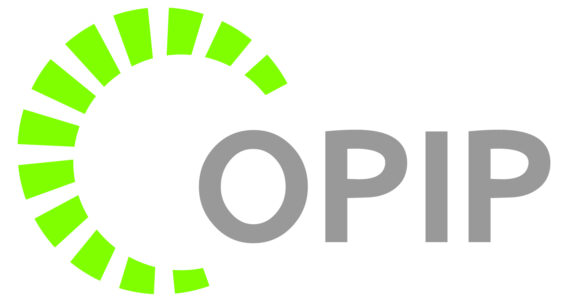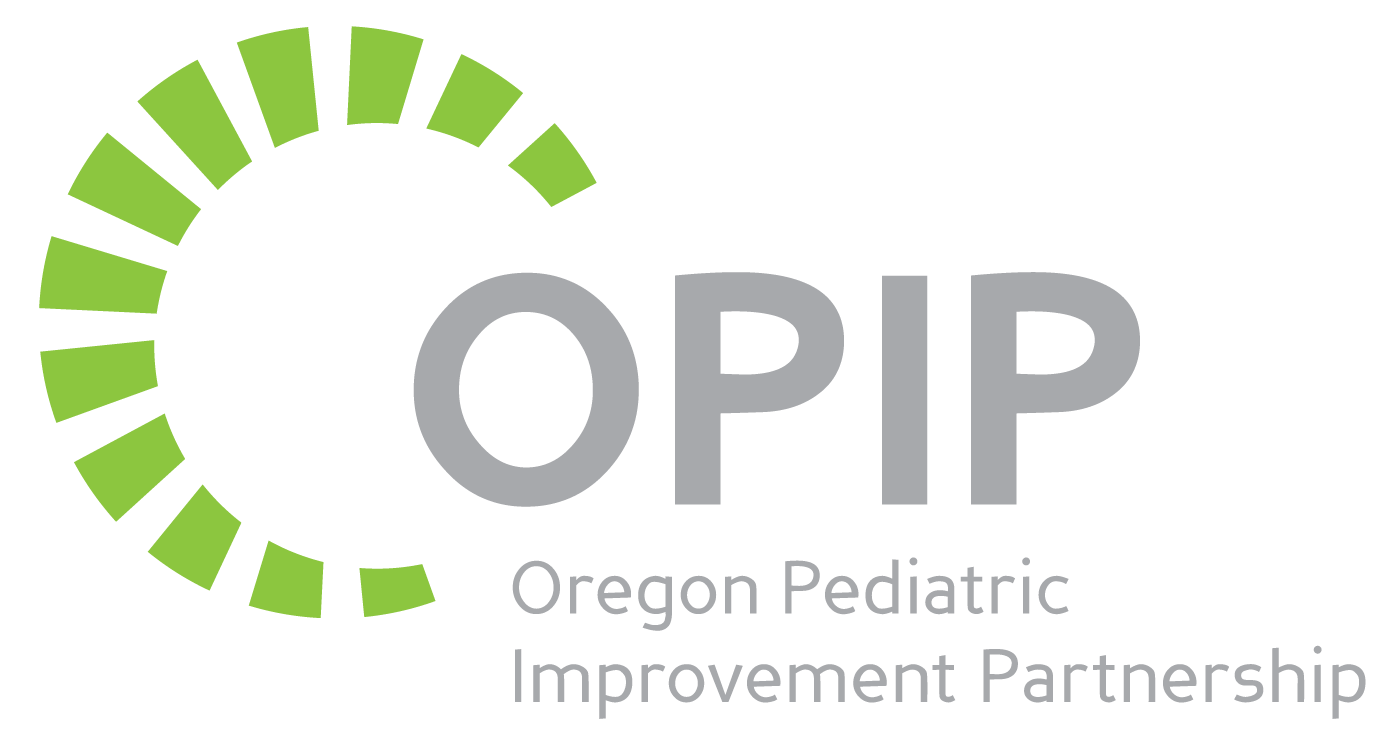OPIP was involved in a number of projects focused on enhancing Adolescent Health through partnerships and work with Primary Care Practices, School-Based Health Centers, Coordinated Care Organizations (CCOs) in Oregon, and private/public payers across the state. Key areas of focus for OPIP included facilitation and practice-level support for the implementation of the Bright Futures recommendations for young adults. These efforts also included strategic consulting with front-line providers (primary care practices and school-based health centers) to implement and document care that aligned with the CCO incentive measures that related to adolescents (Well-care visits, depression screening follow-up, substance abuse screening and follow-up). Lastly, OPIP dedicated significant efforts to developing youth-centered educational materials designed to educate and motivate youth to access health care either within primary care or within SBHCs.
Specifically, this included projects on the following topic areas:
- Improving access to and quality of Adolescent Well-Care Services through partnerships with School-Based Health Centers
- OHA Transformation Center Webinar Series on Improving Adolescent Well-Care Visits
- CCO Incentive Measures Targeted to Adolescents & Medical Home Implementation Support
- Educating Youth About the Importance of Well-Child Care
- Care Coordination for Children with Health Complexity (including adolescents)
1) Improving Access to and Quality of Adolescent Well-Care Services Through Partnerships with School-Based Health Centers
Funded by the Oregon Educators Benefit Board (OEBB)/ Moda Health grant, OPIP led a quality improvement project to improve the provision of adolescent well-care visits at a community-level by leveraging partnerships with School Based Health Centers (SBHCs). The project was intentionally designed to align with the Oregon CCO Incentive Metrics and SBHC Key Performance Measures and included implementation of Bright Futures aligned well-visits that included depression and substance abuse screening and follow-up. Secondly, the project supported the development of youth-centered educational materials meant to inform and engage youth to access well-child care. Lastly, the project developed models by which SBHCs and primary care practices could better coordinate and communicate with each other to best serve youth. To access additional information on this project, please click here.
2) OHA Transformation Center Webinar Series on Improving Adolescent Well-Care Visits
With support from the Oregon Health Authority Transformation Center and as a Technical Assistance Bank Consultant, OPIP developed a 10-part webinar series focused on how CCOs could better address access to, and quality of, adolescent well-care visits. To access additional information on this, please click here.
3) CCO Incentive Measures Targeted to Adolescents & Medical Home Implementation Support
Through efforts focused on medical home, OPIP worked with practices to improve the quality of the well-child care provided to adolescents over the life course of adolescence (not just one visit), as well as how they can modify their approach to sports physicals in a way that achieves a comprehensive visit and therefore allows for increased rates of adolescent well-care visits. An important component of this work focused on how to implement adolescent transition policies. OPIP also developed materials for learning collaboratives and PCPCI webinars related to meaningful implementation of adolescent well-care visits. Please click here for resources on adolescent care.
4) Educating Youth About the Importance of Well-Child Care
Throughout the SBHC Adolescent Well-Care project, OPIP developed and disseminated a number of youth-centered educational materials that provide information about why well-care is important, what to expect, and the unique role that SBHCs can play in providing well-child care. These materials were developed with input and collaboration from adolescents and the SBHC pilot sites, and were disseminated into the community to enhance education and awareness on well-care. Please click here to access these educational tools and resources.
5) Care Coordination for Children with Health Complexity (including adolescents)
OPIP led a number of efforts with practices and health systems to improve care for Children and Youth with Special Health Care Needs (CYSHCN), which included adolescents and included models related to adolescent transition. Specifically, OPIP has supported practices by developing curriculum, implementation methods, and practice-facilitation support in the following relevant topic areas: 1) Identifying CYSHCN, 2) Pre-visit Planning, 3) Shared Care Plans for CYSHCN, and 4) Referral tracking and care coordination with community-based systems. To access additional information on this project, please click here.

